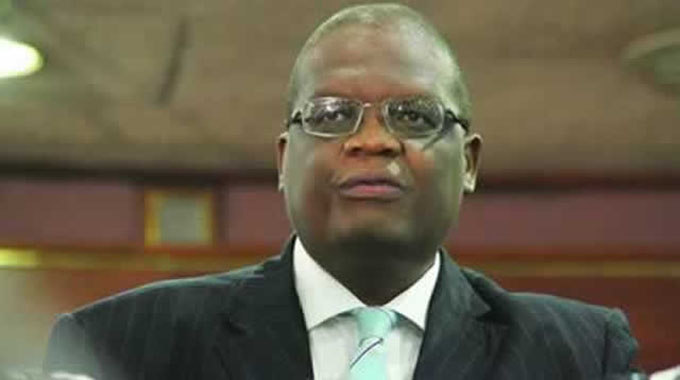RBZ explains exchange rate depreciation

Farirai Machivenyika, Harare Bureau
THE depreciation of the Zimbabwe dollar against the United States dollar and other currencies in recent weeks is as a result of the closure of the tobacco marketing season which is a major foreign currency earner for the country.
This was said by Reserve Bank of Zimbabwe Deputy Governor, Dr Kupukile Mlambo, who was standing in for RBZ Governor Dr John Mangudya, when he appeared before Parliament’s Public Accounts Committee in Harare yesterday.
He said the country relied on four major foreign currency earners; tobacco, gold, chrome and platinum.
“The movements of the exchange rate are a reflection of the fact that we have come to the end of the tobacco marketing season.
“This country relies on four commodities for foreign currency; gold, tobacco chrome and platinum and between February to the end of August or early September we had all the four but at the end of August we had only three, so the amount of foreign currency has declined and these movements are a reflection of that. “They (the movements) are a reflection of what’s happening in the market. They have nothing to do with Treasury Bills because the Minister (Professor Mthuli Ncube) was very clear on that that he doesn’t borrow from the RBZ anymore and that’s the only way we can increase money supply through the issuance of TBs,” he said.
The tobacco marketing seasons opened in March and ended at the end of August with the country having sold 758,18 million kilogrammes worth US$526 million.
The value of the tobacco was, however, down from the US$737 million realised from the 753 million kgs sold last year.
Gold has earned US$500 million in the first half of the year while other minerals contributed US$910 million with platinum constituting US$573 million of that and chrome concentrates and high carbon ferrochrome contributing US$36 million and US$148 million respectively.
The local currency has in the past three weeks depreciated from around US$1: $9 to around US$1: $13,5 at the interbank rate.
Dr Mlambo said the existence of a black market for foreign currency was reflective of a shortage in the market.
“The existence of a parallel market is a reflection of a shortage in the system or wrong incentives in the system. Clearly we have to fix that and deal with that (black) market and the best way to deal with that is to make sure the interbank rate is sufficiently priced and there is always sufficient foreign currency,” he said.
Dr Mlambo said the only way they could control the parallel market was if the RBZ had control of all the foreign currency in the market.
“The only way we can control those kinds of markets where there is a parallel market is when the Central Bank has control of all the foreign currency in the system. As things stand we don’t have control of all the foreign currency in the system, a lot of it is outside our powers or purview and we have no way of knowing where it ends,” he said.
Dr Mlambo was also taken to task over the availability of new bank notes on the parallel market yet they were in short supply in the formal banking system.
“We interact with the public through commercial banks, we don’t sell money to the public. We give money to the commercial banks and we supervise them, and they give us returns.
“But if there is evidence anywhere please let us know so that we can act but at the moment we don’t have evidence,” he said.










Comments